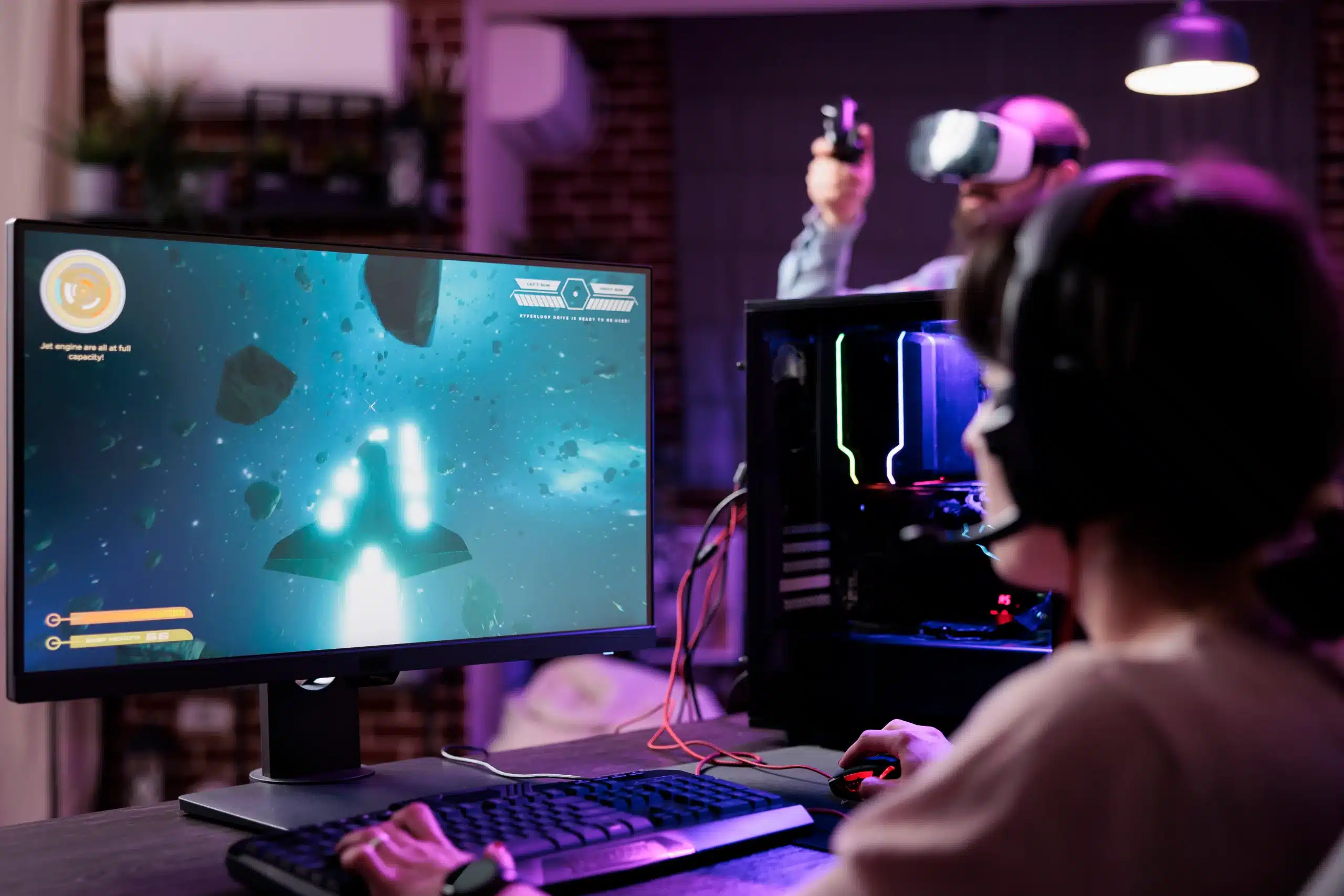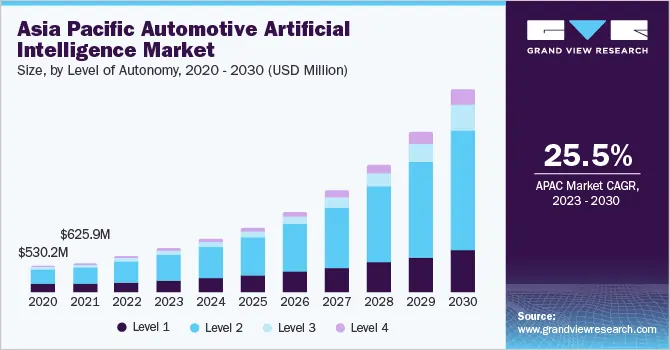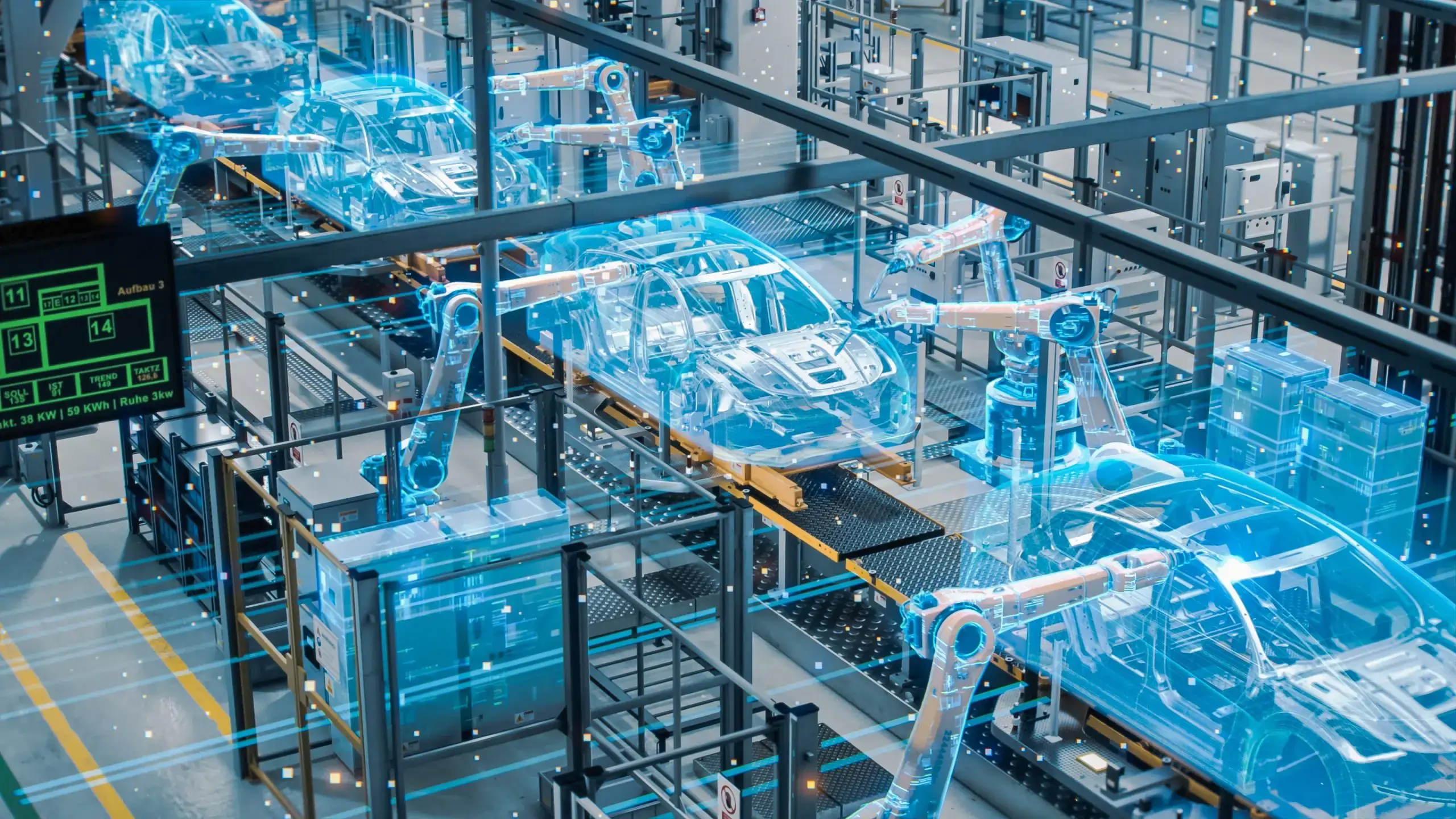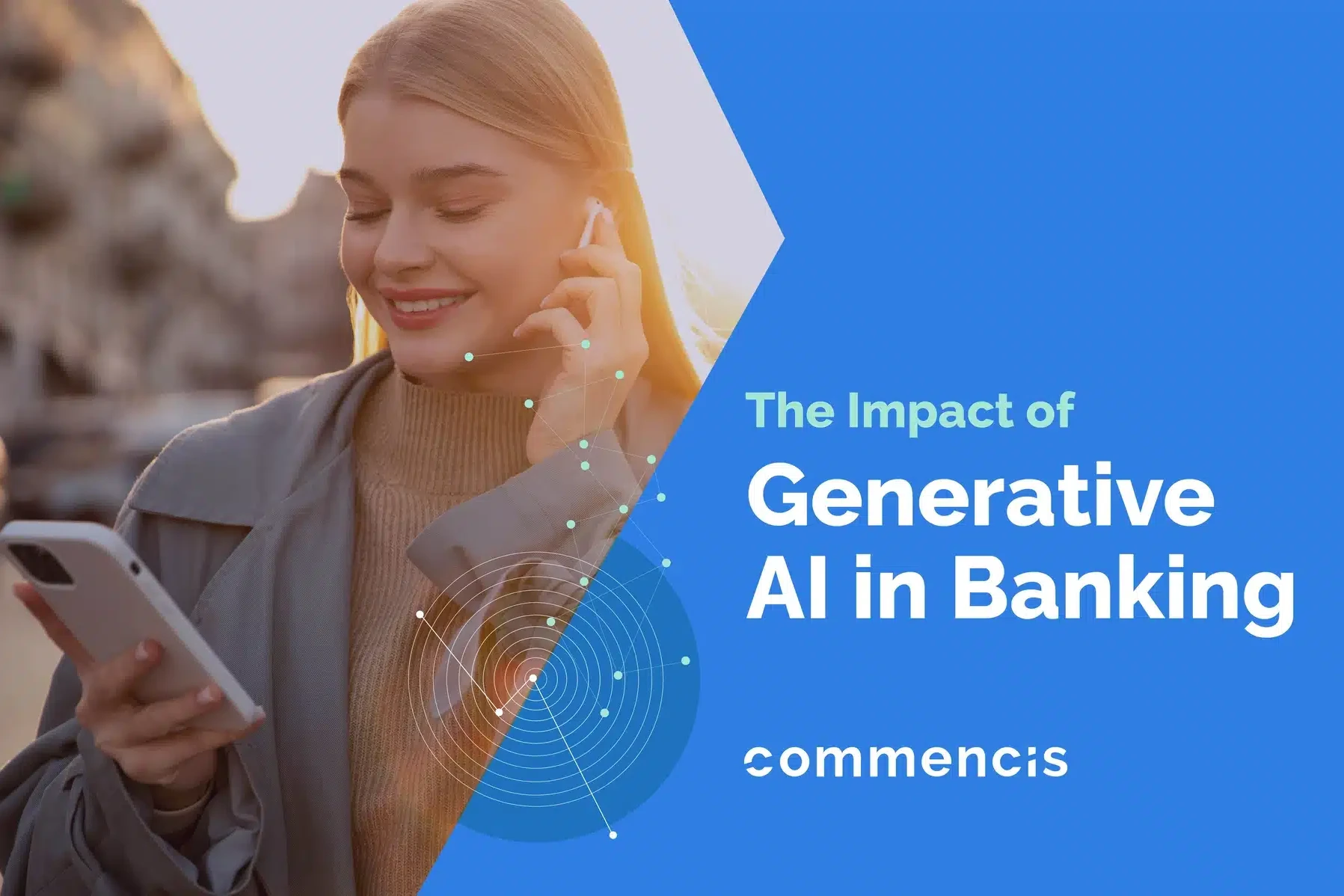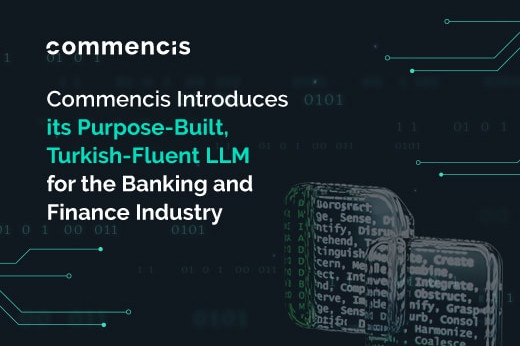Unveiling the Latest AI Industry Trends
AI is transforming various sectors by driving innovations in the gaming industry, revolutionizing healthcare applications, boosting efficiency in manufacturing and improving capabilities in transportation. In our latest article, “The Impact of Generative AI in Banking“, we examined how AI is also making significant strides in banking and financial services, enhancing customer experience, streamlining operations, and improving risk management. Now, let’s look at industry trends.
Exploring the Latest Trends in the AI Industry
The AI industry is growing quickly, leading to major advancements. Generative AI tools like GPT-4 and DALL-E are now used by over 1 million artists and creators. Moreover, AI-driven automation has led to a 50% reduction in operational costs for 60% of enterprises. AI’s influence in gaming, healthcare, manufacturing, and transportation underscores its widespread applicability. Understanding these latest trends is vital for industry players looking to stay ahead in the dynamic AI landscape. By leveraging AI and machine learning, these sectors are experiencing transformative shifts, redefining operational dynamics, enhancing user engagement, and revolutionizing service delivery.
Sector-Specific Impacts of AI
AI Transformations in the Gaming Industry
The gaming industry is experiencing remarkable AI transformations, revolutionizing gameplay through adaptive algorithms and personalized challenges. Games are now more immersive, with AI-powered characters exhibiting human-like behavior. Machine learning improves the player’s experience by customizing levels based on individual preferences. In multiplayer games, AI algorithms manage virtual environments and ensure fair play. According to recent statistics from Worldmetrics, AI-driven game revenue is expected to reach $50.77 billion by 2024, with 58% of gamers believing AI enhances their experience. AI in gaming is projected to grow at a CAGR of 26.8% from 2019-2024, reducing game development time by up to 50% and bug-fixing time by up to 35%. These advancements signify a significant shift towards enhanced user engagement and dynamic gaming experiences in the industry.
Source: Envato
AI Transformations in the Transportation Industry
Self-driving cars, using sensors, cameras, and AI algorithms, can navigate and make decisions on the road, potentially reducing accidents and improving efficiency. AI also optimizes traffic flow, public transportation, and logistics, while predictive maintenance extends the infrastructure lifespan. Recent statistics highlight significant advancements in the transportation industry due to AI. The global AI in transportation market is expected to grow from $3.25 billion in 2023 to $3.86 billion in 2024, with a compound annual growth rate (CAGR) of 18.6%. This growth is fueled by advancements in traffic management, autonomous vehicles, and predictive maintenance technologies. These AI-driven technologies are anticipated to reduce accidents, enhance efficiency, and lower emissions, marking a substantial evolution in transportation.
AI is driving the development of autonomous vehicles, improving road safety, and making driverless cars a reality.Transportation leaders are using Generative AI (GenAI) to improve customer service, data analytics, and travel booking. For example, INRIX ,a global leader in transportation data and analytics, collaborated with Amazon Bedrock to analyze 50PB of transportation data with GenAI, identifying the root causes of transportation issues.
Revolutionary AI Applications in Healthcare
AI in healthcare is projected to reach $45.2 billion by 2026, reflecting its growing impact on the industry. Additionally, 86% of healthcare organizations are expected to increase their AI investments in the coming years. AI is improving patient care by improving diagnosis through image analysis and recommending treatments based on extensive data analysis. These applications streamline administrative tasks, optimize hospital operations, and improve healthcare efficiency.
AI advances personalized medicine by adapting treatments to genetic profiles and using predictive analytics to forecast patient outcomes and suggest preventative measures. AI-assisted robotic surgery enhances precision, leading to better outcomes and shorter recovery times. For example, healthcare leaders such as Mayo Clinic leverage GenAI to provide faster, personalized care and alleviate clinician burnout. Mayo Clinic, a renowned nonprofit medical center known for its integrated clinical practice, education, and research, partnered with K Health to implement AI-powered chatbots for dynamic patient interviews, collecting symptom-related information and medical history using a large language model trained on healthcare-specific data.
AI's Contribution to Efficiency in Manufacturing
With AI, manufacturing is becoming more efficient and reducing downtime. AI analyzes sensor data to identify potential issues early, allowing for proactive maintenance and cost savings. Additionally, AI-powered robots increase productivity and precision, performing repetitive tasks with high accuracy and speed, which boosts output and product quality.
Moreover, industrial leaders are leveraging Generative AI (GenAI) to enhance product and operational excellence. For example, Mitsui Chemicals and IBM use GenAI tools, including IBM Watson and GPT, to identify new applications for products. By analyzing extensive external datasets, they significantly improve the speed and accuracy of discovering new applications, thereby increasing sales and market share through digital transformation.
The Future of AI Technology
Predictions for AI Advancements by 2030
By 2030, the impact of artificial intelligence (AI) is expected to transform numerous sectors across industries, driven by emerging technologies such as generative AI, multimodal AI, and advanced AI platforms. These innovations will enhance business operations by increasing efficiency, particularly in automation processes, supply chain optimization, and personalized customer experiences.
- The AI market is projected to reach $1.8 trillion, with an 80% adoption rate among companies, significantly contributing $15.7 trillion to global GDP.
- Businesses leveraging AI will be 50% more likely to report substantial improvements in key metrics, with estimated cost savings from AI-driven automation reaching $400 billion annually and 70% of supply chain tasks automated.
- Virtual assistants will assist 8 billion users globally, and sophisticated language models will enhance content generation efficiency by 60%.
- In data management, AI will automate 75% of data analysis tasks, leading to a 30% revenue growth for adopters.
As businesses strive to stay competitive in a data-driven landscape, implementing AI-driven solutions for data analysis and interpretation will be imperative.
Key Takeaways
The impact of AI can be seen in a variety of areas, such as personalized learning experiences in education and improved user experiences on digital platforms. According to predictions, AI and quantum computing will drive revolutionary changes by 2030. However, ethical considerations and sustainable AI practices must guide technological progress.
Recent regulatory developments emphasize global AI governance. The EU’s AI Act categorize systems by risk and enforce strict rules on high-risk applications to ensure transparency and protect human rights. Similarly, the US, China, and India are developing their own AI regulations to address ethical issues and encourage innovation.
The rise in copyright lawsuits by artists against AI-generated content highlights the need for robust intellectual property protections, balancing innovation with individual rights. As AI revolutionizes industries, businesses must prepare for the evolving job market and creative opportunities while ensuring ethical deployment.
Stay updated on the latest trends and be part of the AI-driven future shaping our world.
Reading Time: 5 minutes
Don’t miss out the latestCommencis Thoughts and News.


